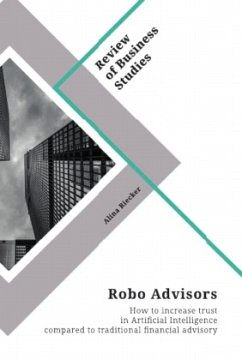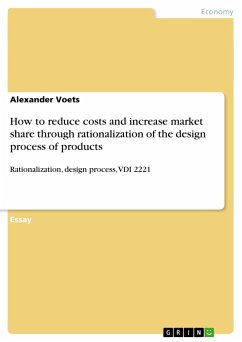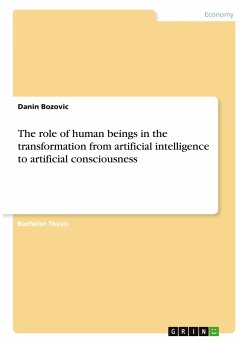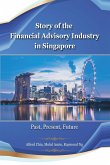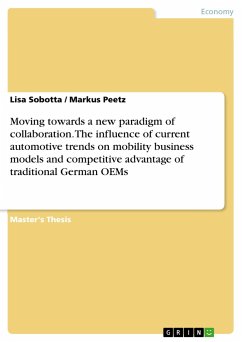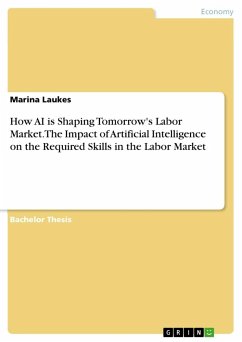Bachelor Thesis from the year 2020 in the subject Business economics - Review of Business Studies, grade: 1.1, Reutlingen University (ESB Business School), language: English, abstract: Nowadays, tech companies have entered our lives in nearly every possible area of application, from smart coffee machines to algorithmic-based music recommendations. Logically, it is not a far stretch that the financial sector will also experience disruption through technology-oriented startups. The so-called FinTech's, short for financial technology, can be independent, newly found startups, or can be implemented by existing financial institutions as a complementary sales channel and span a wide ar-ray of functions, including peer-to-peer lending and crowdfunding, cryptocurrencies and blockchain, and also, robotic investment advice. It is no surprise that this development will affect traditional financial advisory. Mainly robo advisors are seen as one of the most disruptive technologies in the financial sector. What used to be a people's business and strived through human connections and relationships turned digital: a robo advisor can replace all functions of traditional financial advisors at a lower cost point and while being available 24/7. Based on financial theory, the offer investors personalized portfolios - all through pressing buttons on a phone screen. Whilst promising to streamline financial investment and to make it accessible to everybody, regardless of wealth, customer adoption compared to the global financial service market has been low. Disruptive technologies offer a lot innovative and smart features, but customers might be hesitant to try the solutions. People rely on the experience of others to build trust, and the little experience of early adopters might not be enough to influence trust to a large extent. Trust is an important factor for all services or technologies, but especially in unprecedent areas such as fully automated financial advice. The thesis will be based on a literature review methodology and will assess the theoretical background of trust through analyzing and comparing previously done research on the matter. Additionally, a quantitative study focusing on trust-building factors in robo advisors has been used as a basis to form conclusions regarding the increase of trust. Industry insights, journal articles and conference papers build the foundation of this thesis. They were identified through the usage of scientific search engines, but also through backward and forward referencing searches. This approach provided a multitude of applicable literature from the fields of artificial intelligence and trust.
Hinweis: Dieser Artikel kann nur an eine deutsche Lieferadresse ausgeliefert werden.
Hinweis: Dieser Artikel kann nur an eine deutsche Lieferadresse ausgeliefert werden.

